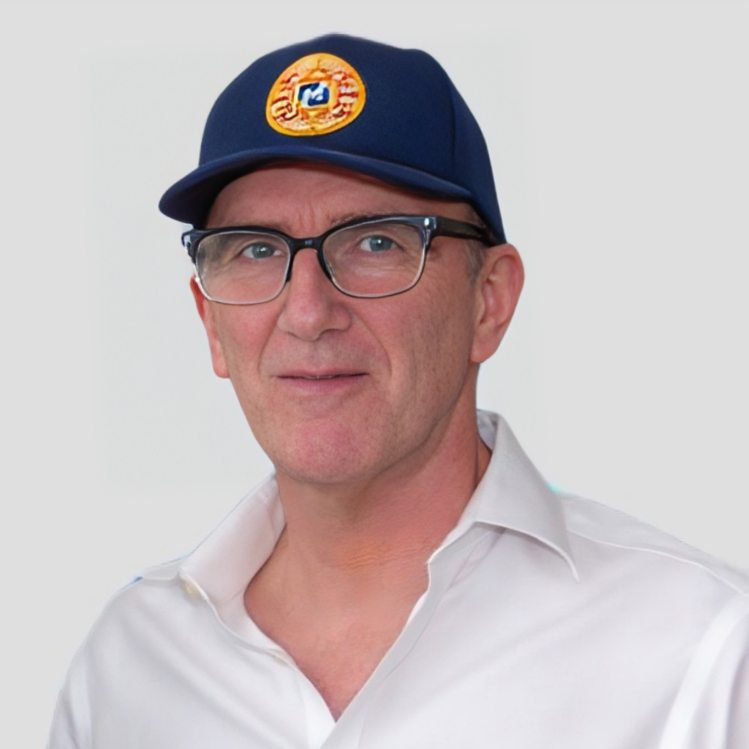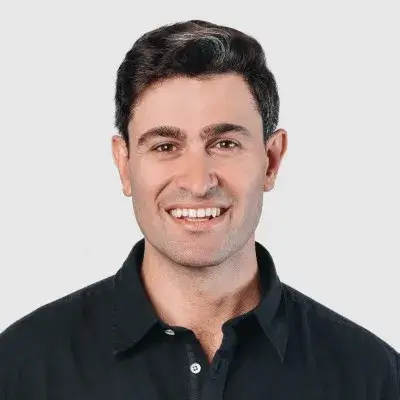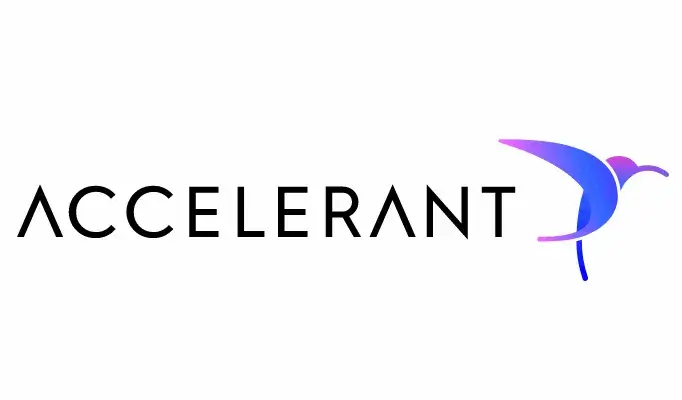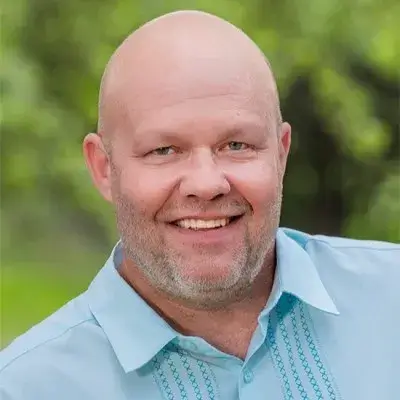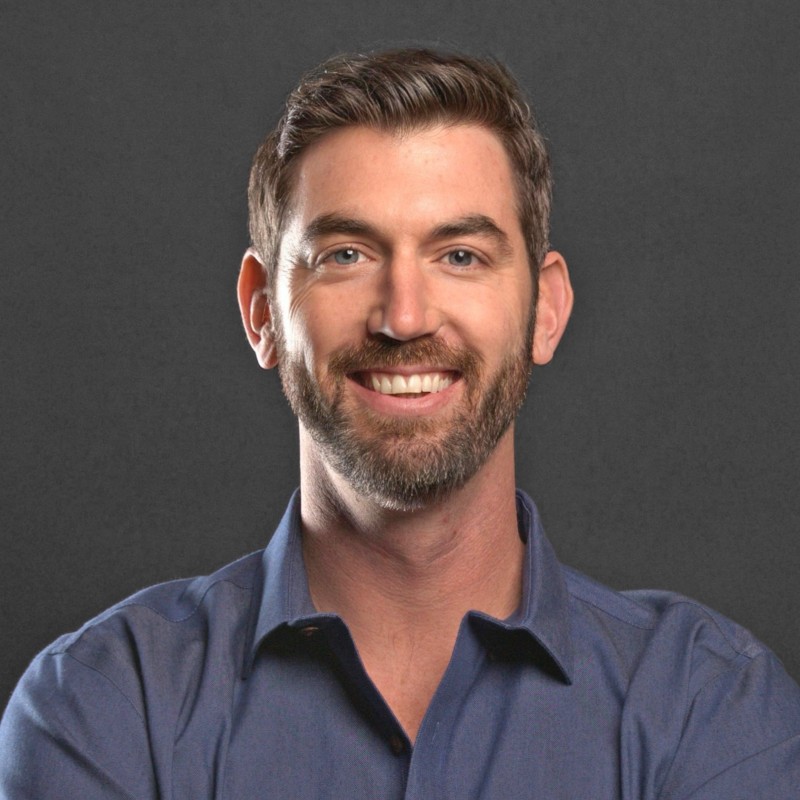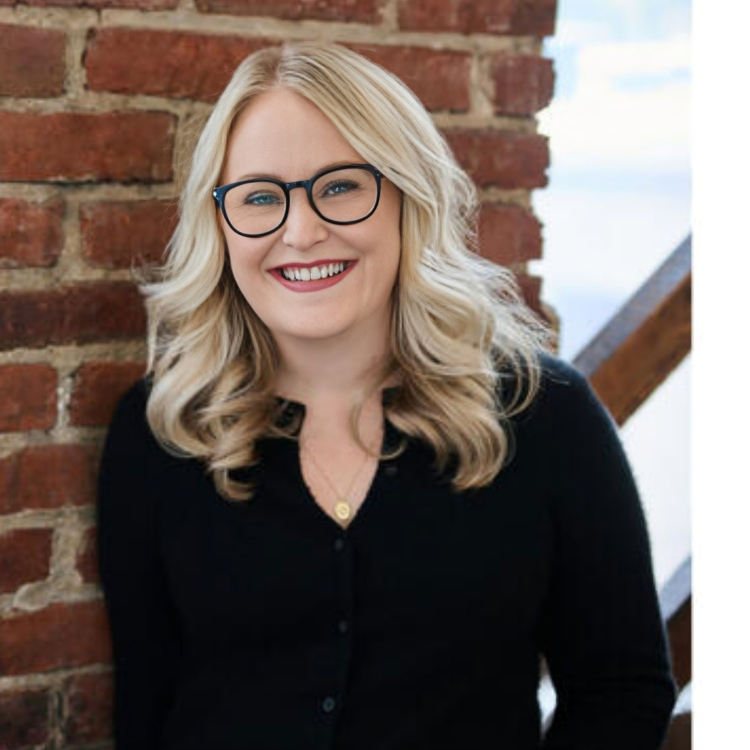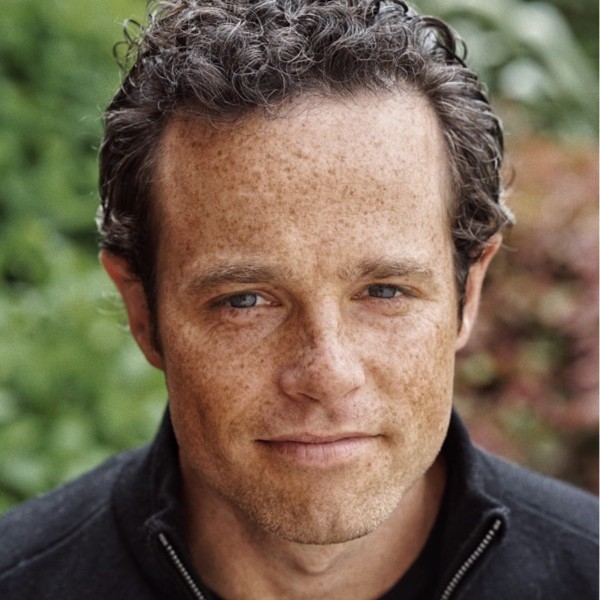Ready to launch your own podcast? Book a strategy call.
Frontlines.io | Where B2B Founders Talk GTM.
Strategic Communications Advisory For Visionary Founders
Conversation
Highlights
From Shell Innovation to $35M: How Ravin AI Cracked Enterprise AI Adoption
Building AI solutions for enterprises isn’t just about technological breakthroughs – it’s about understanding how to navigate complex stakeholder relationships and strategic partnerships. In a recent episode of Category Visionaries, Eliron Ekstein, CEO and Co-Founder of Ravin AI, shared insights from their journey of transforming vehicle damage assessment through AI.
The Unlikely Origin Story
Most AI startups begin with technical founders spotting an opportunity. Ravin’s story is different. Ekstein, a former strategy consultant with an MBA, was working in Shell’s strategy group when they began experimenting with AI-powered vehicle inspection solutions. “My career actually took me in different directions. I’m like an unlikely founder,” Ekstein reflects.
This corporate innovation project eventually revealed a larger opportunity outside Shell’s walls. In 2019, they spun out the technology and raised initial funding to build what would become Ravin AI.
The Two-Step Validation Process
Rather than rushing to market, Ravin took a methodical approach to validation. “The first question we answered was, does it work? Then the second question is, does it matter to somebody?” Ekstein explains. This sequence proved crucial – in deep tech, technical validation must precede market validation.
The early days focused on fundamental questions about image processing and damage detection. As Ekstein describes, “Early days were just like validating that the tech can work, because everything here is like deep tech and understanding. Can you make sense of images and what quality the images need to be?”
Landing the First Enterprise Customer
Their first major breakthrough came when Avis Budget agreed to pilot the technology at an airport location. But landing this deal wasn’t about having a perfect product. “They first need to believe in you as a person,” Ekstein reveals, “because they know that you don’t really have a fully working product and it doesn’t have validation elsewhere.”
This insight highlights a crucial truth about early enterprise adoption – it’s often more about founder credibility and vision than product maturity.
The COVID Pivot
When COVID devastated the car rental industry, Ravin faced a critical decision. Rather than waiting out the storm, they explored adjacent markets – first used car assessments, then insurance claims. This flexibility proved vital to their survival and eventual success.
The Partnership Paradox
Through their journey, Ravin discovered a counter-intuitive truth about enterprise partnerships. “A lot of partners will go into a relationship with a startup simply to block their competition,” Ekstein warns. He advocates for a simple litmus test: “Will they deploy your product at scale, yes or no?”
This focus on deployment over logos led to difficult but necessary decisions about partnership terms. “Sometimes the partner will want things like exclusivity and they want preferential terms… As a founder, you don’t want to give that away,” Ekstein explains. But he learned that if the partner is right, these concessions can be worth it.
Geographic Expansion Through Market Leaders
Ravin’s entry into Australia demonstrates their evolved approach to market expansion. By securing IAG, Australia’s largest carrier, as their first partner, they transformed their market position overnight. As Ekstein describes, “Suddenly you go into conferences and you speak to people – everybody knows the name.”
The Future Vision
Today, Ravin is expanding beyond simple image processing. They’re integrating data from vehicle sensors, dash cams, and other sources to build what Ekstein describes as “a platform that just consolidates all the knowledge about usage of vehicles.”
This evolution from point solution to comprehensive platform reflects a deeper understanding of their market opportunity. As vehicles become more complex and expensive, the need for sophisticated condition assessment grows correspondingly.
For B2B founders, especially those in deep tech, Ravin’s journey offers valuable lessons about enterprise adoption. Technical validation matters, but relationship-driven sales and strategic partnerships often determine success. Most importantly, founders must maintain the flexibility to pivot while staying true to their core technological strengths.
Actionable
Takeaways
Validate technology before market fit:
In deep tech, Eliron focused first on validating that the core technology worked before seeking product-market fit. He emphasized a two-step validation process: "The first question we answered was, does it work? Then the second question is, does it matter to somebody?" This approach helped them avoid investing resources in market development before having a viable technical solution.
Use anchor customers strategically:
Ravin secured Avis Budget as their first POC customer, demonstrating the power of landing a recognized brand early. However, Eliron notes that the value goes beyond the logo: "They first need to believe in you as a person... they know that you don't really have a fully working product and it doesn't have validation elsewhere. So they just need to believe that this is going to work."
Approach partnerships with clear deployment criteria:
Eliron shared a critical framework for evaluating partnerships: "Will they deploy your product at scale, yes or no?" He advises founders to be willing to make painful concessions on exclusivity and pricing if the partner will drive real deployment, while avoiding partners who might engage simply to block competition.
Navigate market transitions through product flexibility:
When COVID impacted their car rental market, Ravin pivoted to used car assessments and eventually insurance. Eliron emphasizes the importance of maintaining product flexibility: "Product decisions are pretty hard because you have such limited resource and you cannot afford to make too many mistakes."
Build market presence through strategic geographical expansion:
Their entry into the Australian market through IAG partnership demonstrates how to build presence in new territories: "Getting that first partner in the market... opened the door for us because suddenly you go into conferences and you speak to people everybody knows the name."



